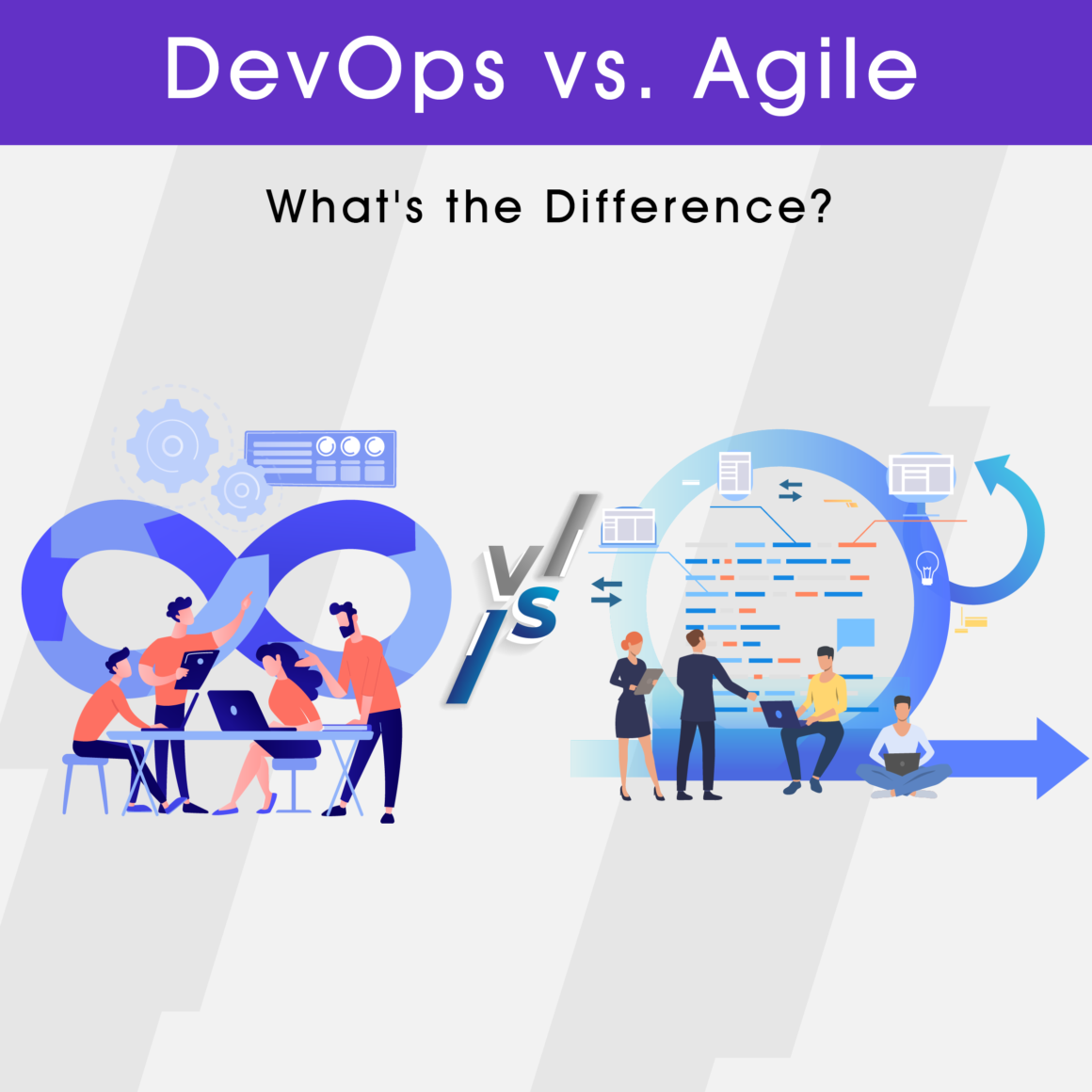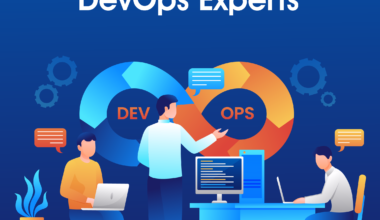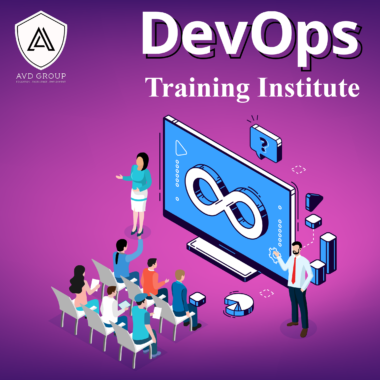Did you know?
63% of organizations use Agile and DevOps practices, while 22% use Agile and 15% use DevOps only!
If you are looking to upskill or kickstart your career in DevOps? Are you searching for “DevOps classes near me” for the best training options? If yes, you’ve come to the right place. In this blog post, we’ll see the differences between DevOps and Agile methodologies and explore the various career opportunities in both fields.
By the end of this post, you’ll better understand the skills and knowledge required for a successful career in DevOps or Agile and where to find the best training and certification options near you. So, let’s dive in!
DevOps and Agile are two popular software development methodologies that often need clarification from each other. Although both have the same end goal of delivering quality software faster, there are some differences between the two. Now let’s know the key differences between DevOps and Agile methodologies.
Definition of DevOps and Agile
DevOps is a methodology that promotes collaboration and communication between development and operations teams to improve software delivery speed, quality, and reliability. It focuses on automating the software delivery process and improving the quality of software through continuous testing and deployment.
On the other hand, Agile is a software development methodology that focuses on delivering working software in short iterations. In addition, it emphasizes collaboration between cross-functional teams, customer involvement, and continuous feedback.
Focus on Collaboration
DevOps strongly emphasizes collaboration between development, operations, and other teams involved in the software development process. Agile also strongly emphasizes collaboration, but the focus is on collaboration between cross-functional teams, including developers, testers, product owners, and customers.
Continuous Delivery
DevOps focuses on automating the software delivery process to achieve continuous delivery. This means the software is delivered to the end-user as soon as it’s ready, without any delays. Agile also focuses on providing working software in short iterations but only sometimes aims for continuous delivery.
Feedback Loops
DevOps and Agile rely on feedback loops to improve software quality. In DevOps, feedback loops are used to continuously test and deploy software, while in Agile, feedback loops are used to constantly improve the software based on customer feedback.
Integration of Tools
DevOps places a strong emphasis on the integration of tools to automate the software delivery process. It includes tools for continuous integration, continuous testing, and continuous deployment. Agile also relies on tools for collaboration and communication, but the focus is on integrating tools that support the Agile methodology, such as Agile project management tools.
Scope of Implementation
DevOps is focused on the entire software delivery process, including development, testing, and deployment. Conversely, Agile is focused on the development process, emphasizing delivering working software in short iterations.
Timeframe
DevOps is typically implemented as a long-term strategy, focusing on continuous improvement. Agile, on the other hand, is generally implemented in short iterations, with a focus on delivering working software quickly.
Training and Education
To implement DevOps or Agile, organizations must provide training and education to their teams. Those interested in learning about DevOps can search for “DevOps classes near me“ or “DevOps training near me” to find courses and training programs offered in their area.
Similarly, those interested in learning about Agile can search for “Agile classes near me” or “Agile training near me” to find courses and training programs in their area.
Edges of DevOps Over Agile
- Faster time to market:
DevOps emphasizes continuous integration and delivery, enabling teams to deploy code faster and more frequently than traditional Agile methods.
- Improved collaboration:
DevOps requires high collaboration between development and operations teams, fostering a culture of shared responsibility and accountability.
- Greater automation:
DevOps strongly emphasizes automation, allowing teams to automate repetitive tasks and reduce errors while freeing up time for more strategic work. Consider taking DevOps classes near me to learn more about automation best practices.
- Enhanced quality:
By integrating testing and quality assurance into the development process, DevOps teams can catch and address issues earlier in the development cycle, resulting in higher-quality software. DevOps training near me can help you develop the skills needed to improve quality throughout development.
- Better feedback loops:
DevOps promotes frequent and rapid feedback loops, enabling teams to identify and address issues as they arise quickly. DevOps courses near you can help you learn how to implement effective feedback mechanisms.
- Greater innovation:
DevOps enables organizations to experiment and innovate more freely by reducing the risk of failure and allowing the teams to quickly pivot and adapt to changing market conditions.
Career Opportunities With DevOps:
DevOps Engineer:
DevOps engineers manage the entire software delivery pipeline using various DevOps tools and practices, from development to deployment.
Automation Engineer:
Automation engineers are responsible for creating, implementing, and maintaining automated testing frameworks to ensure the quality of software products.
Cloud Engineer:
Cloud engineers are responsible for designing, deploying, and managing cloud-based infrastructure and applications, often using DevOps practices.
Site Reliability Engineer (SRE):
SREs ensure the reliability, availability, and performance of software systems and infrastructure, often using DevOps practices.
Release Manager:
Release managers are responsible for planning and coordinating software releases, ensuring they are delivered on time, and managing any issues arising during the release process.
Security Engineer:
Security engineers identify and mitigate security risks in software systems and infrastructure, often using DevOps practices to automate security testing and monitoring.
Career Opportunities With Agile:
Scrum Master:
Scrum Masters are responsible for facilitating Agile development teams and ensuring the Agile methodology is followed correctly.
Product Owner:
Product owners are responsible for defining and prioritizing product features, creating user stories, and managing the product backlog.
Agile Coach:
Agile coaches are responsible for providing guidance and coaching to Agile development teams, helping them to improve their Agile practices and processes.
Business Analyst:
Business analysts analyze business requirements and translate them into user stories for the development team.
Quality Assurance (QA) Analyst:
QA analysts are responsible for ensuring the quality of software products by creating and executing test plans and scripts.
Technical Writer:
Technical writers are responsible for creating and maintaining documentation for software products, including user manuals, technical specifications, and release notes.
The Bottom Line
If you’re looking for expert DevOps classes near me to help you with your audiovisual and digital solutions, AVD Group is the answer. With their vast experience and expertise in designing, installing, and supporting audiovisual and digital systems, they can provide the best solutions that meet your needs. So don’t hesitate and take advantage of the exceptional DevOps Courses In Bhubaneswar.








